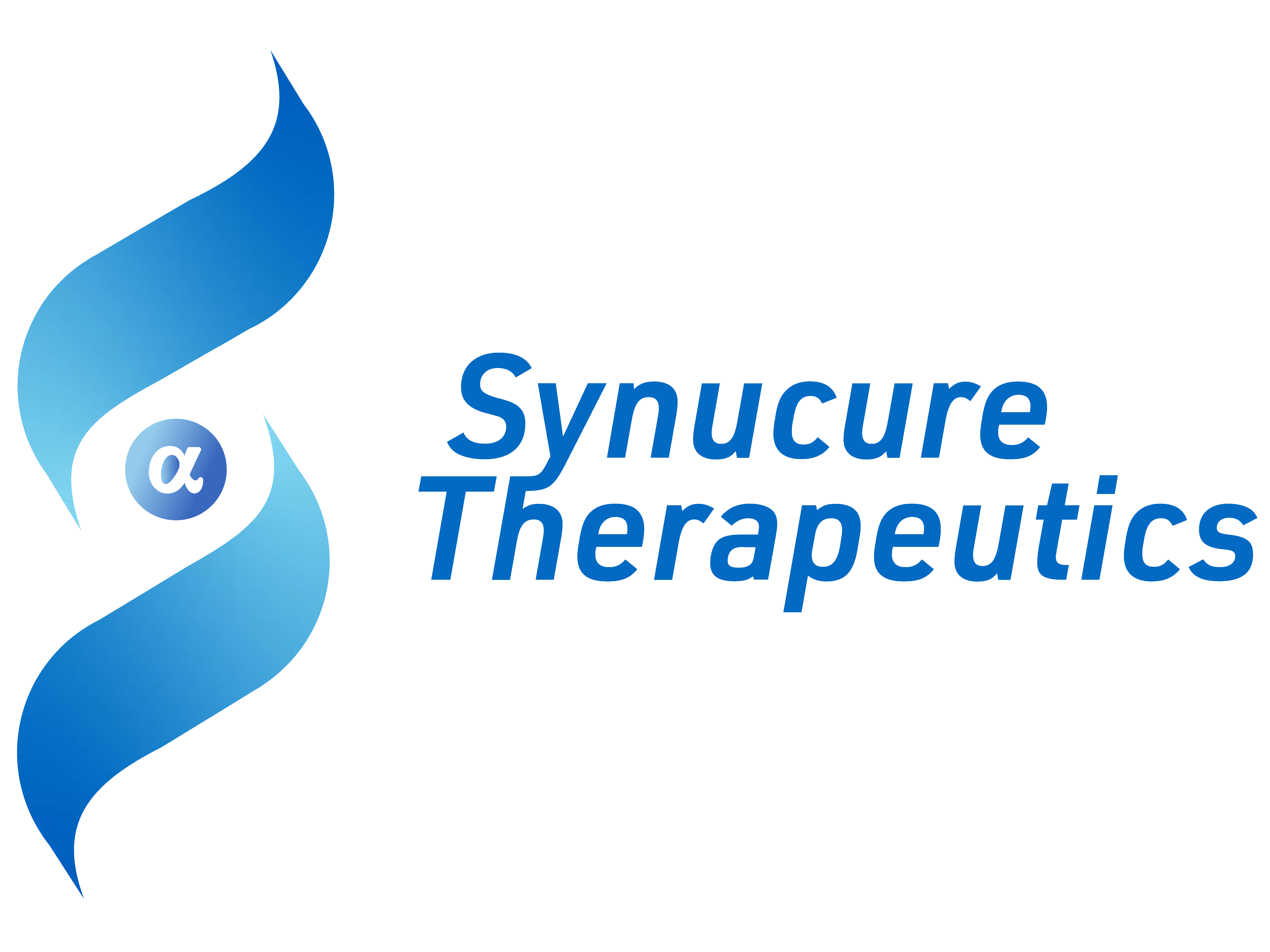Parkinson's Disease: The promising future of a Disease Modifying Therapy (DMT).
Parkinson’s disease (PD) is a degenerative disorder that largely affects the brain and for which the only available treatments, at best, can dampen some of the symptoms experienced by the patients. There is currently no medication that can halt or slow down the progression of the disease.
As such, the entire Parkinson community is facing numerous unmet medical needs that require urgent attention. In the last decades, Dr. Francesca Cicchetti has been working on a drug already approved for the treatment of the rare disease Cystinosis and referred to as Cysteamine.
This compound has demonstrated robust and promising neuroprotective and neurorestorative effects in various animal models as well as human cells relevant to PD. Moreover, Cysteamine has shown benefits in patients with another brain degenerative disorder called Huntington’s disease (HD) and of which some of the underlying mechanisms relate to PD.
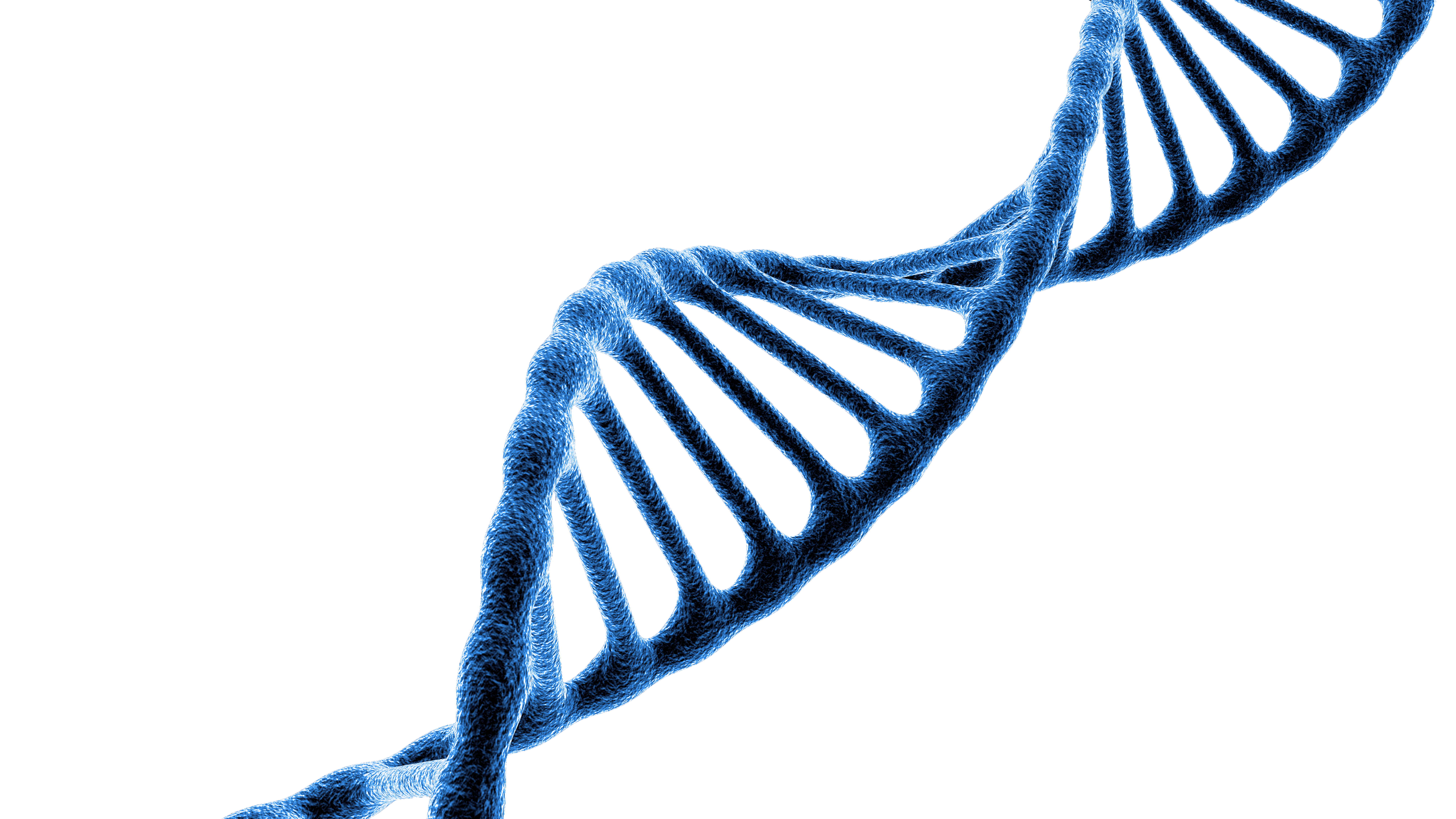
Our Research
Cysteamine
Fifteen years of preclinical work on an existing molecule called Cysteamine, which has demonstrated the following 3 unique properties in animal and human models:
- has the capacity to cross the blood-brain barrier (brain)
- displays neuroprotective properties
- and neuro-restorative effects on targeted cells
Blood Biomarkers
Our analyses conducted on a cohort of 357 patients and healthy individuals suggest that the identified blood biomarkers could enable a faster and more accurate diagnosis.
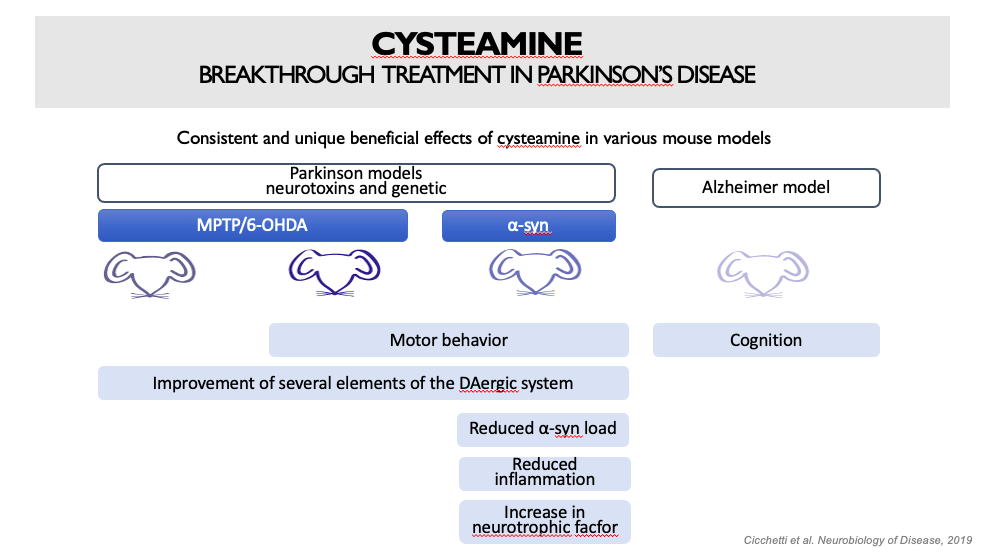
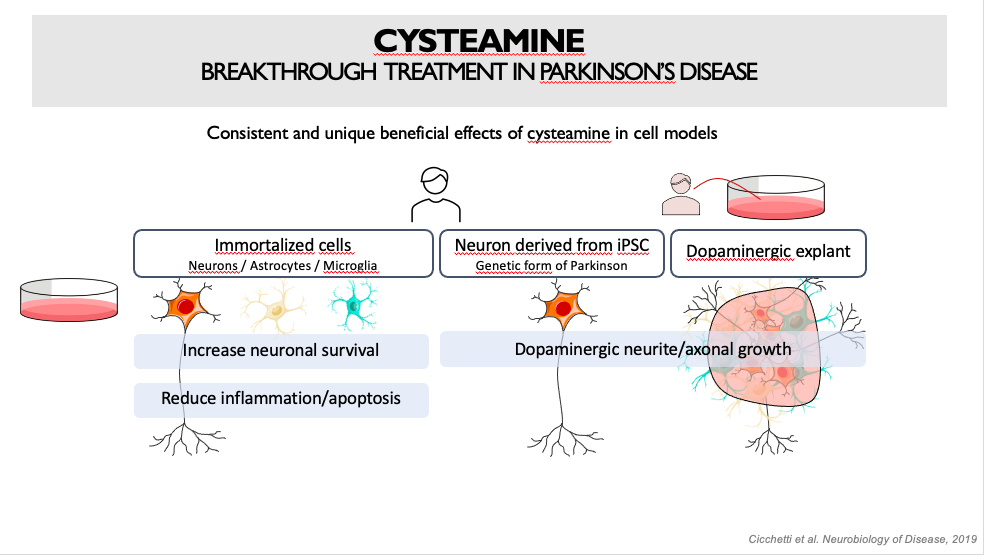
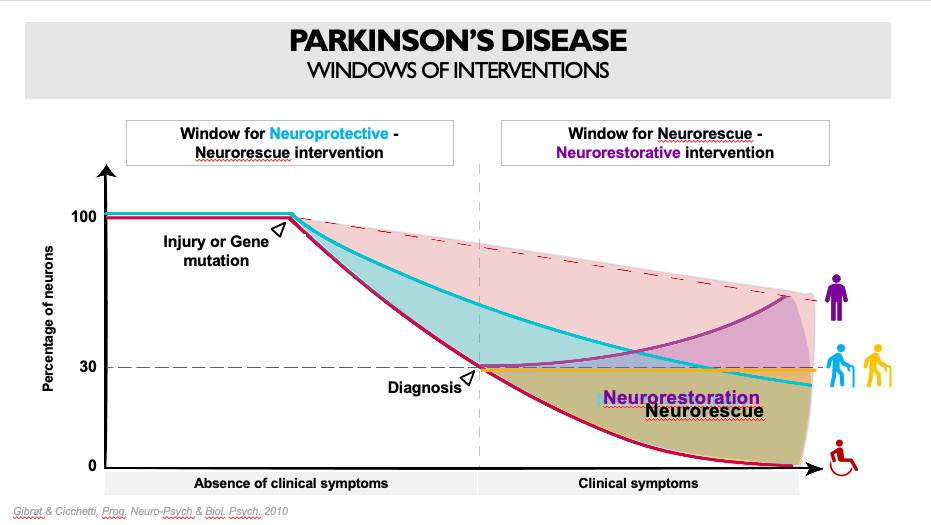
Clinical Programs

Disease Modifying Therapy program (DMT) in Parkinson Disease
SYN-001 (novel formulation of cysteamine)
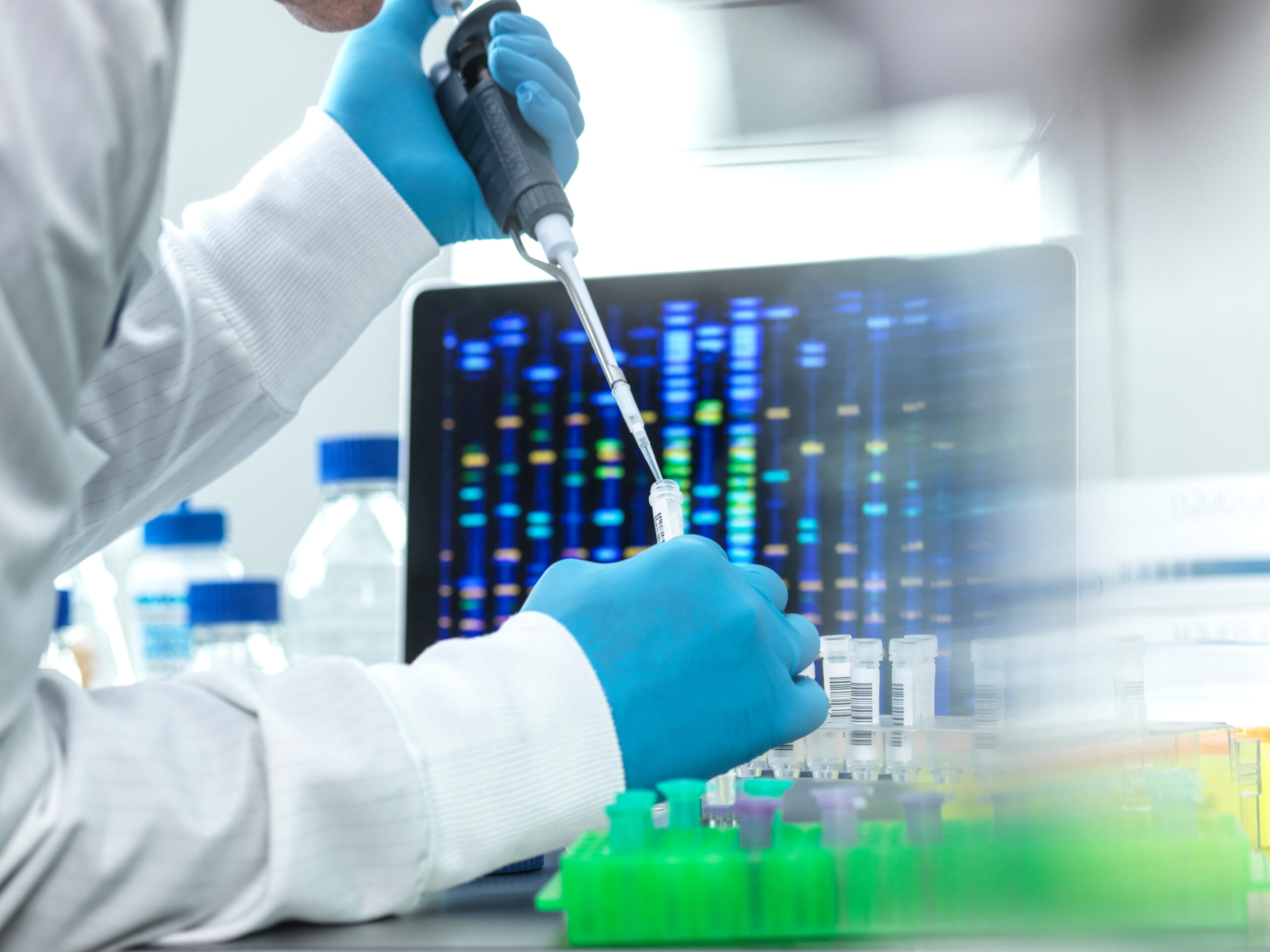
Blood biomarkers in Parkinson’s disease
Analysis of a cohort of 357 patients and healthy individuals providing a support tool for a more rapid and more precise diagnosis of Parkinson’s disease.
